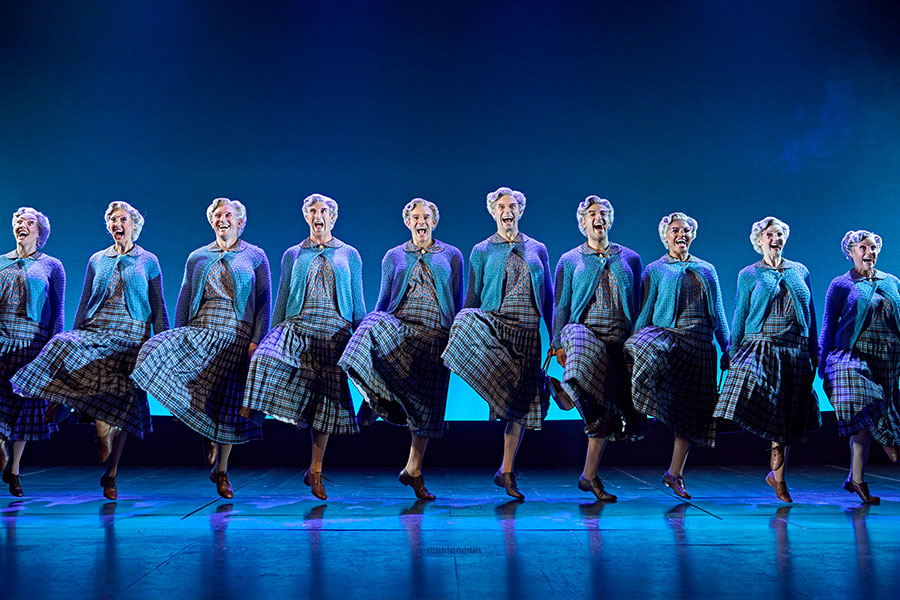Natural Affection (Jermyn Street Theatre)

© Robert Piwko
William Inge is not a widely performed playwright in the UK, yet he won the Pulitzer Prize for Picnic and had success with Come Back, Little Sheba and Bus Stop, both of which were turned into major films. Natural Affection had no such beginnings, being originally produced in New York in 1962 and closing after 36 performances.
It is set in Chicago at exactly that time – Christmas 1962 – and is full of the dark foreboding that Inge sees all around him: an ugly world with fractured families, random violence and moral decay. The title, of course, also hints at its own opposite – unnatural affection. Without straining the comparison too far, it is a Hamlet-like study of a disaffected young man who returns home after a long absence to find his pretty mother living with a lover, in this case an unsuccessful car salesman.
There is no murdered father, though – he ran off before young Donnie was born – but Donnie (Louis Cardona) certainly has an over-protective and overly physical attitude toward the mother who abandoned him to an orphanage. There is menace in the air from the opening moments, and much of it sexual. Here one sees the influence of Tennessee Williams (who encouraged Inge to write).
The pivotal role of Sue Barker, Donnie’s mother, is played by Lysette Anthony with a fragile, ethereal quality that is sometimes pitch-perfect; at other times you long for her porcelain features to dare to crack just a little when the going gets rough. It is, on balance, too restrained a performance, but Sue remains a fascinating creation, torn between the passion she needs from her lover, Bernie Slovenk (Timothy Knightley), and the guilt she feels at not being a proper mother to a son she didn’t want. Her final admission of this fact is one of the most powerful moments of the evening.
The secondary characters are less satisfying – the horny young wife next door, and her frustrated, alcoholic husband – but the alcoholic husband, Vince (a little overplayed in the earlier scenes by Jonathan Wadey), nevertheless delivers the real heart of the play in a moment of hungover lucidity (very well played by Wadey) when he declares that he is scared of life. He sees his apartment as "empty rooms and a lot of plumbing" and wearily admits that he knows Bernie has been playing around with his vacuous wife (Jessica Preddy).
There are several intimations that Vince has more than a buddy-buddy admiration for the muscular Bernie and one can sense the pain of being trapped in an unhappy life most keenly through Vince. The ending, though, when the heavily signposted act of real violence takes place, is less believable and where the plays slants into melodrama.
Designer Victoria Johnstone cleverly uses every available foot of space to create the claustrophobic Chicago apartment. I kept wanting the evening to enter four-star territory, and it very nearly does. But there is an unevenness of tone in both writing and performance that holds it back.










